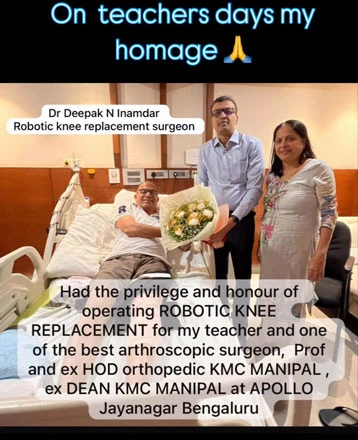Knee Arthritis Treatment Options – Is a Cure Possible?
Knee arthritis is a condition in which the cartilage in the knee joint gradually wears away, leading to pain, stiffness, swelling, and reduced mobility. It is a chronic, progressive condition, and while there is currently no complete cure that can restore the original cartilage, effective treatment options exist to manage symptoms, improve function, and slow disease progression.
Understanding Knee Arthritis
The knee joint is cushioned by cartilage, which allows smooth and pain-free movement. In arthritis, this cartilage breaks down over time. Factors like age, previous injuries, excess weight, genetics, and repetitive stress contribute to the development of knee arthritis. Symptoms usually include pain during activity, stiffness (especially after rest), swelling, and difficulty performing daily tasks such as walking or climbing stairs.
Is a Cure Possible?
Currently, there is no treatment that can fully regenerate damaged cartilage in the knee. However, a combination of non-surgical and surgical interventions can :
- Relieve pain and inflammation
- Improve joint mobility and flexibility
- Slow down further damage
- Help patients maintain daily activities and quality of life

AREA OF EXPERTISE
- Robotic and non-robotic knee replacement surgery
- Fracture surgery of upper and lower extremities
- Geriatric hip fracture surgery
- Knee arthritis treatment
Treatment Options
Non-Surgical Treatments (Early-Stage Arthritis)
- Lifestyle modifications: Maintaining a healthy weight and doing low-impact exercises like walking, cycling, or swimming.
- Physiotherapy: Strengthening the muscles around the knee to support and stabilize the joint.
- Medications: Pain relievers (paracetamol, NSAIDs) or anti-inflammatory medications under medical guidance.
- Supportive aids: Braces or walking sticks to reduce stress on the joint.
Injections / Advanced Non-Surgical Treatments
- Corticosteroid injections to reduce inflammation and pain.
- Hyaluronic acid injections to improve lubrication and movement.
- Platelet-rich plasma (PRP) injections for healing support in some cases.
Surgical Treatments (Advanced Arthritis)
- Total Knee Replacement: Replaces the damaged joint with an artificial implant, relieving pain and restoring function.
- Partial Knee Replacement: Replaces only the affected part of the knee.
- Osteotomy: Realigns bones to reduce stress on the damaged area.
Conclusion
Although knee arthritis cannot be completely cured, early diagnosis and proper management can significantly reduce pain, improve function, and enhance quality of life. Patients are encouraged to seek medical guidance early and follow treatment plans that include lifestyle changes, physiotherapy, medications, or surgery when needed.
Don’t let knee arthritis limit your life. With the right treatment plan, you can manage
pain, improve mobility, and return to your daily activities. Take the first step toward
healthier knees today
Related Testimonials
Thinking About Joint Replacement Surgery? Get Expert Opinion from Dr. Deepak Inamdar!
 Surgeon for reputed orthopedic surgeons
Surgeon for reputed orthopedic surgeons